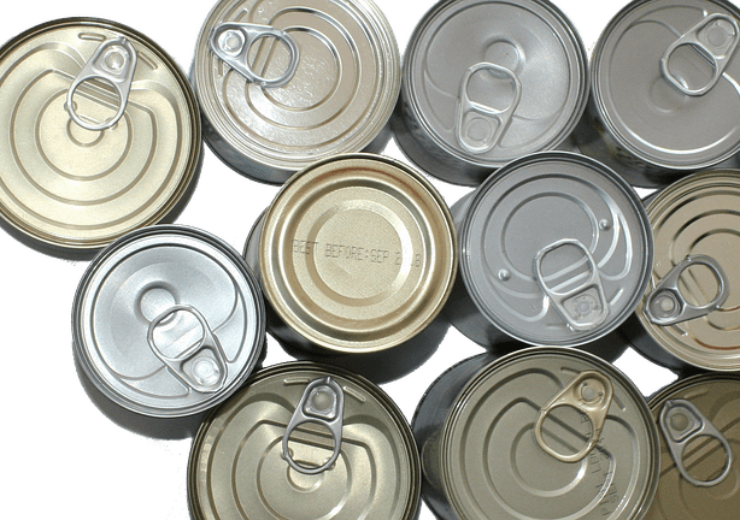The additional recycling capacity will enable the company to achieve its sustainability goals of minimising carbon footprint by 30% by 2026 and becoming net carbon neutral by 2050

Novelis wraps up $150m aluminium rolling and recycling expansion in Brazil. (Credit: bluebudgie from Pixabay)
Novelis announced that it has completed a $150m investment for the expansion of both rolling and recycling capacity at its Pindamonhangaba facility in Brazil.
With 100 kilotonnes each, the annual capacity of South America’s rolling and recycling complex is expected to increase to around 680 kilotonnes for aluminium sheets and 490 kilotonnes for recycling.
The expanded capacity will enable the company to continue supplying sustainable products for growing beverage packaging and speciality customers in the region.
The additional recycling capacity will enable the company to achieve its sustainability goals of minimising carbon footprint by 30% by 2026 and becoming net carbon neutral by 2050.
Novelis South America president Francisco Pires said: “This project reaffirms Novelis’ commitment to serve the growing South American market with high-quality, innovative, low-carbon, sustainable aluminium solutions.”
Novelis has also used the investment to purchase an additional 380,000m² of land for potential future expansion.
The investment also consists of the creation of another reliable water source for the plant and a new railway terminal, in addition to the new aluminium rolling and recycling capacity.
The expansion allowed the company to create around 90 new permanent jobs at the Pindamonhangaba facility.
Novelis president and CEO Steve Fisher said: “Recycling and increasing the use of recycled content in our products is the cornerstone of Novelis’ sustainability journey.
“We will continue to identify and invest in projects like this expansion in Brazil that will move Novelis toward being a fully circular business.”
In November 2018, the company first announced a $175m investment to expand the aluminium production and recycling capabilities of the Pindamonhangaba facility.
